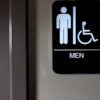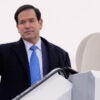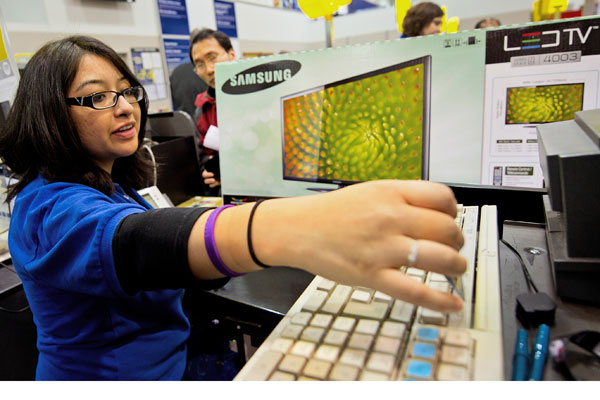Trade is again on President Obama’s agenda thanks to some high-profile mentions in his State of the Union address last Tuesday. According to the President, the proposed Trans-Pacific and Transatlantic Partnerships should boost exports and create American jobs.
Exports, however, are only one side of the coin. Free trade also boosts imports. Imports not only provide cheap goods and different products for U.S. consumers, but also create thousands of jobs. U.S. workers on average contribute about 78 percent of the value to the cost of apparel in the United States, according to a recent report by Moongate Associates on behalf of the Trans-Pacific Partership Apparel Coalition. Since most apparel is manufactured overseas, 78 cents on every dollar of apparel imports in the U.S. goes to creating jobs for American workers. The value added from these imports
represents jobs in a myriad of occupations and includes part-time or hourly workers as well as salaried professionals.… [T]he total value-added by these U.S. workers far exceeds the value-added overseas in manufacturing activities.
This is no surprise. Research by The Heritage Foundation has found that apparel imports from China alone create over 350,000 jobs here in the U.S. These jobs not only include positions in transportation and shipping, but also in higher paying professions like design, marketing, and financial services.
In trade, it is these value-added jobs that are often the most overlooked. Take the iPhone. In 2009, an iPhone purchased wholesale from manufacturers in China cost $178.96. However, in the U.S. the iPhone retailed at $500, a 64 percent markup. This markup, minus profits, is the value added. Some of this is the cost of transportation and shipping, which itself creates jobs. But, perhaps most importantly, this markup includes the work of thousands of Apple workers in Cupertino, California, and throughout the company’s retail network. These innovative designers, engineers, marketers, and salesman are the true value from these imports. It is our ability to create jobs in these sectors that should be our true mark of progress, not the manufacturing jobs our grandparents had.
Promoting free trade should not just be about exports. Imports are a vital part of the U.S. economy, creating valuable jobs in some of our most innovative sectors. Only until policymakers on both sides of the aisle drop their obsession with exports, and embrace the positive impact that imports have, will we have a balanced trade policy.
































